> Funeral Poems > Little Gidding (From Four Quartets)
Little Gidding (From Four Quartets)
Author: T.S Elliot
This Page Includes: Full Verses of the Poem in Text. A Recording of the Poem (Audio). A Free PDF Download for reading purposes. Free Editable Google Doc Download if you wish to make changes or to personalise the poem. The page also includes what the poem is about, structure of poem and explaining the best parts.
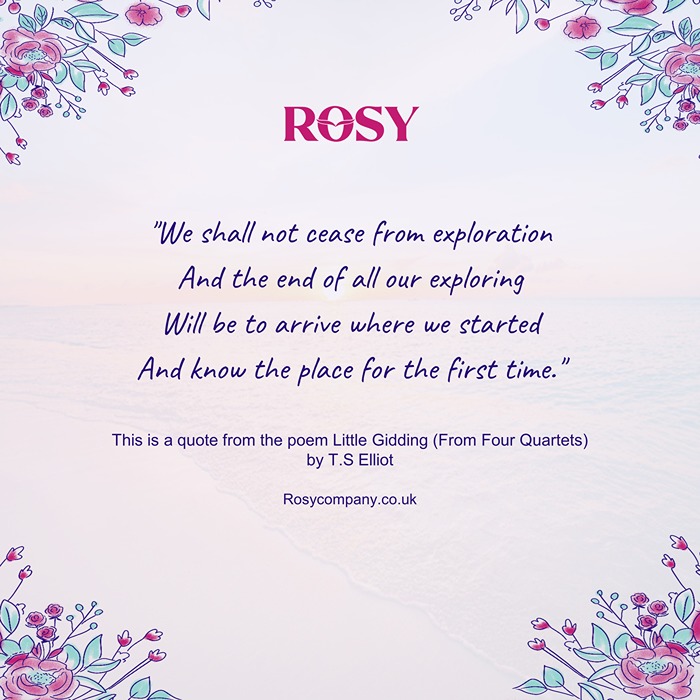
Little Gidding (From Four Quartets) Poem Verses
We shall not cease from exploration
And the end of all our exploring
Will be to arrive where we started
And know the place for the first time.
Through the unknown, unremembered gate
When the last of earth left to discover
Is that which was the beginning;
At the source of the longest river
The voice of the hidden waterfall
And the children in the apple-tree
Not known, because not looked for
But heard, half-heard, in the stillness
Between two waves of the sea.
Quick now, here, now, always
A condition of complete simplicity
(Costing not less than everything)
And all shall be well and
All manner of thing shall be well
When the tongues of flame are in-folded
Into the crowned knot of fire
And the fire and the rose are one.
And the end of all our exploring
Will be to arrive where we started
And know the place for the first time.
Through the unknown, unremembered gate
When the last of earth left to discover
Is that which was the beginning;
At the source of the longest river
The voice of the hidden waterfall
And the children in the apple-tree
Not known, because not looked for
But heard, half-heard, in the stillness
Between two waves of the sea.
Quick now, here, now, always
A condition of complete simplicity
(Costing not less than everything)
And all shall be well and
All manner of thing shall be well
When the tongues of flame are in-folded
Into the crowned knot of fire
And the fire and the rose are one.
Download Poem
Please note the audio recording may not exactly match the text version as 'Little Gidding (From Four Quartets)' can be tailored/personalised
Personalised Poem
Would you like to customise this poem? You have the option to personalise it by accessing the provided link, which will direct you to Google Docs. From there, you can download the poem ‘Memories’ to your personal Google Docs account or Microsoft Word where you will be able to edit the poem however you want.
About the poem
The poem speaks about the never-ending journey of exploration and the search for the ultimate truth. It suggests that the purpose of this exploration is to return to the place where we started and see it with new eyes. The journey may lead us through unknown and forgotten gates, to the source of the longest river, or to the hidden waterfall, but we must be attentive and listen to the voices in the stillness. The poem emphasizes the importance of living in the present moment and finding simplicity in life, even though it may cost everything. Finally, the poem alludes to the idea that the end of the journey is the merging of opposites, symbolized by the "fire and the rose" becoming one.
The Structure of Poem
The poem has four stanzas of varying length and structure, with the first three stanzas containing four lines each, and the final stanza having nine lines. The poem features a lot of imagery related to exploration, rivers, and nature, and contains a sense of mystery and a yearning for understanding. The language is often abstract and philosophical, with many metaphors and allusions. The final line of the poem, "And the fire and the rose are one," is a well-known and frequently quoted phrase that is often interpreted as representing the union of opposites.
Best Quote from Little Gidding (From Four Quartets) Poem
This is a quote from the poem Little Gidding (From Four Quartets) by T.S Elliot
"We shall not cease from exploration
And the end of all our exploring
Will be to arrive where we started
And know the place for the first time."
This quote speaks to the human desire for discovery and exploration, and suggests that the journey itself is just as important as the destination. The phrase "And know the place for the first time" suggests that through exploration and experience, we can gain a new perspective on the world around us and see it in a different light. The quote encourages readers to embrace a sense of curiosity and adventure in their lives, and to keep exploring and learning even when they reach their goals. It is a reminder that life is a continuous journey of discovery, and that there is always more to learn and explore.
Looking for a Funeral Director?
Contact someone today
Related Categories

See related catergories below

Popular Funeral Poems
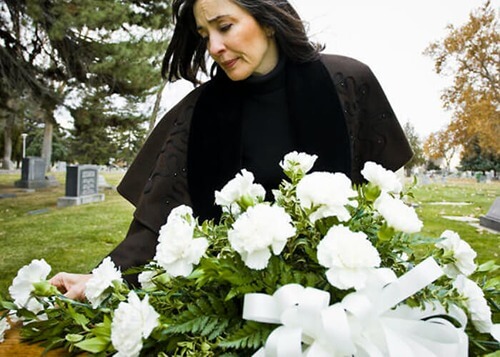
Poems For Funerals Non Religious

Celebration Of Life Poems
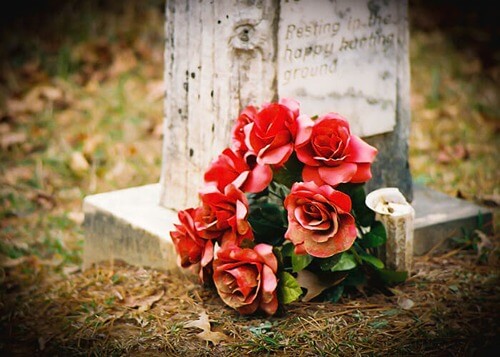
Uplifting Poems For A Funeral
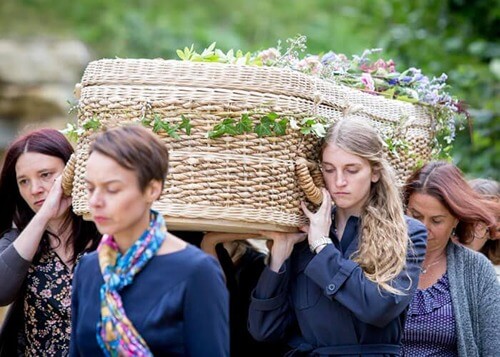
Nature Funeral Poems
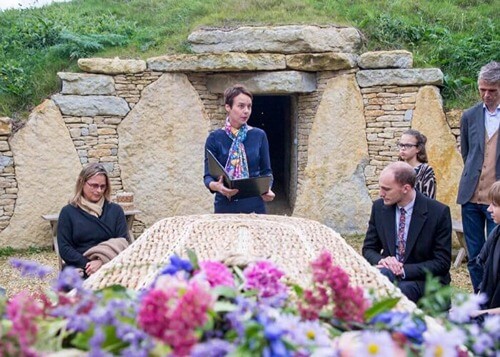
Modern Funeral Poems
Popular Poems

Discover a collection of our website's most popular poems below:
Main Categories

Are you in search of a particular genre within the realm of poetry? Explore our compilation of the most popular categories below.